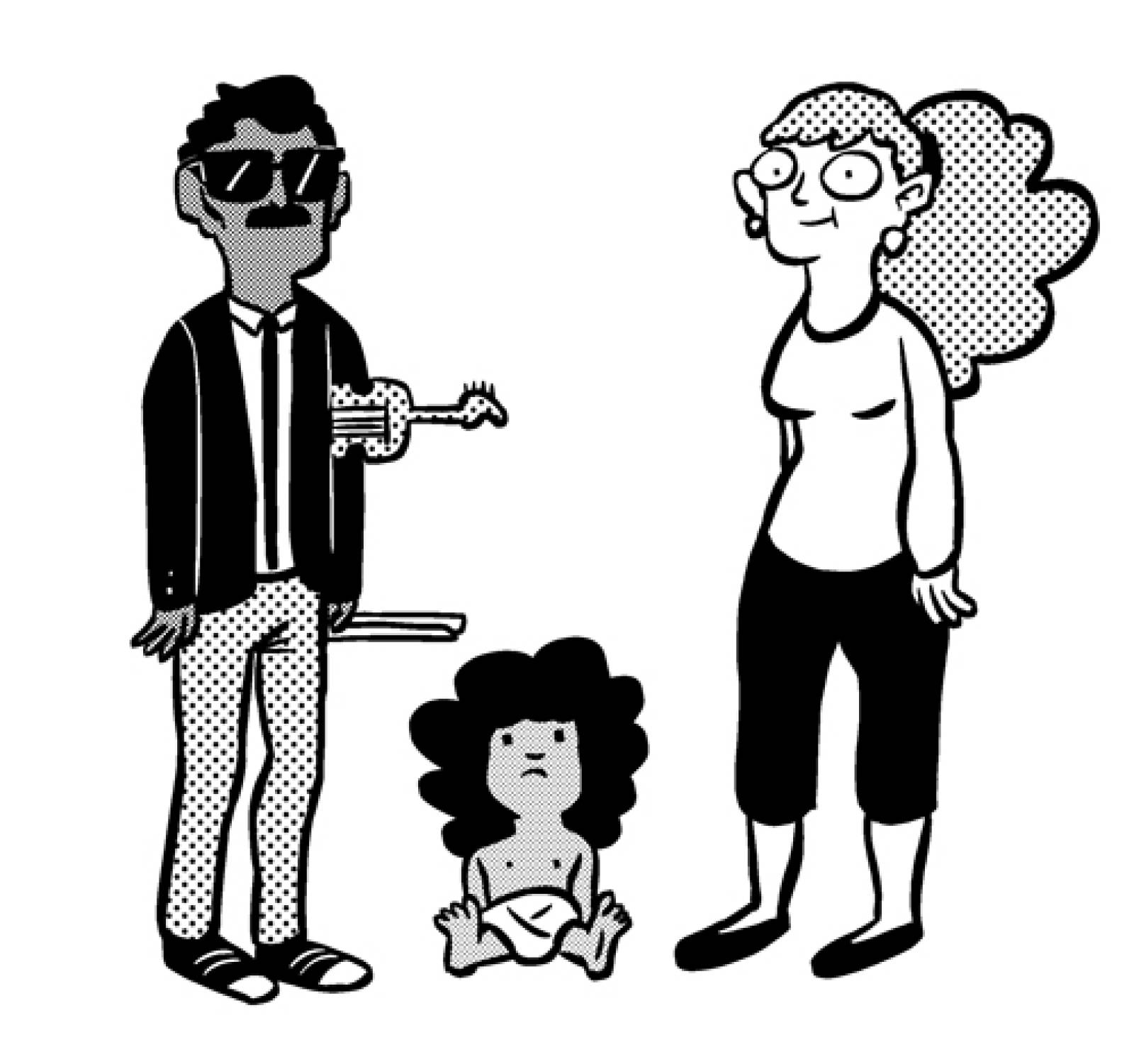An Interview with Celeste Ng, Author of Everything I Never Told YouPosted in Articles, Asian Diaspora, Interviews, Media Archive, United States on 2015-09-07 01:02Z by Steven |
An Interview with Celeste Ng, Author of Everything I Never Told You
The Toast
2015-09-02
Nicole S. Chung, Managing Editor
Celeste Ng is the author of the novel Everything I Never Told You, which was a New York Times bestseller, a New York Times Notable Book of 2014, Amazon’s #1 Best Book of 2014, and named a best book of the year by over a dozen publications. Everything I Never Told You was also the winner of the Asian/Pacific American Award for Literature and the ALA’s Alex Award, and was a finalist for numerous awards, including the Ohioana Award, the John Creasey (New Blood) Dagger Award, the VCU Cabell First Novelist Award and the Massachusetts Book Award.
Celeste grew up in Pittsburgh, Pennsylvania, and Shaker Heights, Ohio, in a family of scientists. She attended Harvard University and earned an MFA from the University of Michigan, where she won the Hopwood Award. Her fiction and essays have appeared in One Story, TriQuarterly, Bellevue Literary Review, the Kenyon Review Online, and elsewhere, and she is a recipient of the Pushcart Prize. Celeste and I first connected on Twitter after I read her book, and she graciously agreed to chat with me about the novel, her writing routine, being part of and writing about interracial families, how to address issues of race and representation without being pigeonholed, writing outside one’s own culture, what she’s working on now, and much more!…
…Apart from being caught up in the story and the beautifully drawn characters, your book was important to me personally because I’ve always been part of an interracial family — first through adoption and now through marriage as well. I so rarely read stories or see portrayals of families that look anything like mine. Why did you decide to make the family in your novel an interracial one, with biracial children? Was that always the plan for this story?
In the very early stages of the novel — when I was no more than about 15 or 20 pages in — I didn’t really think about the races of the characters at all. If anything, I thought of them as white because that’s so often the default mode for our culture. Then one of my advisors, Eileen Pollack, asked me about the characters’ ethnicity, and I started to realize that this was a racially mixed family: that tied into many of the issues they had to face and the concerns and misunderstandings they had with each other and with outsiders…
Read the entire interview here.
